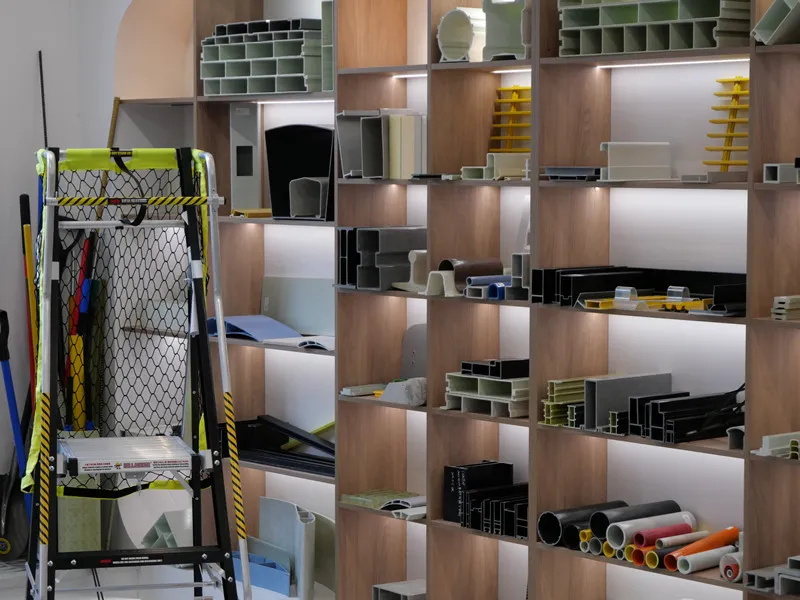FRP Composites Revolutionize Renewable Energy Infrastructure Amid Global Push for Sustainability
2025-02-14
As the world accelerates its transition to renewable energy, Fiber-Reinforced Polymer (FRP) composites are emerging as a game-changer in the construction and maintenance of energy infrastructure. With their unique combination of lightweight, high strength, and corrosion resistance, FRP materials are increasingly being adopted in wind turbines, solar panel supports, and grid modernization projects.
Why FRP Composites?
FRP composites offer unparalleled advantages over traditional materials like steel and concrete. Their lightweight nature reduces transportation and installation costs, while their resistance to corrosion ensures longevity in harsh environments. Additionally, FRP's excellent electrical insulation properties make it ideal for power transmission and distribution systems.
Latest Innovations in FRP Applications
● Wind Turbine Blades: FRP composites are being used to manufacture longer, more efficient wind turbine blades, enabling higher energy output and reduced maintenance costs.
● Solar Panel Mounting Systems: FRP structures provide durable and lightweight support for solar panels, enhancing their performance and lifespan.
● Grid Modernization: FRP cable trays, utility poles, and transformer enclosures are being deployed to upgrade aging power grids, ensuring reliability and safety.
Industry Growth and Market Trends
The global FRP composites market is projected to grow at a CAGR of 6.5% from 2023 to 2030, driven by increasing demand from the renewable energy sector. Governments worldwide are investing heavily in green energy projects, further boosting the adoption of FRP materials.
Conclusion
As the renewable energy sector continues to expand, FRP composites are set to play a pivotal role in shaping the future of energy infrastructure. Their unique properties and versatility make them an indispensable material for achieving global sustainability goals.





